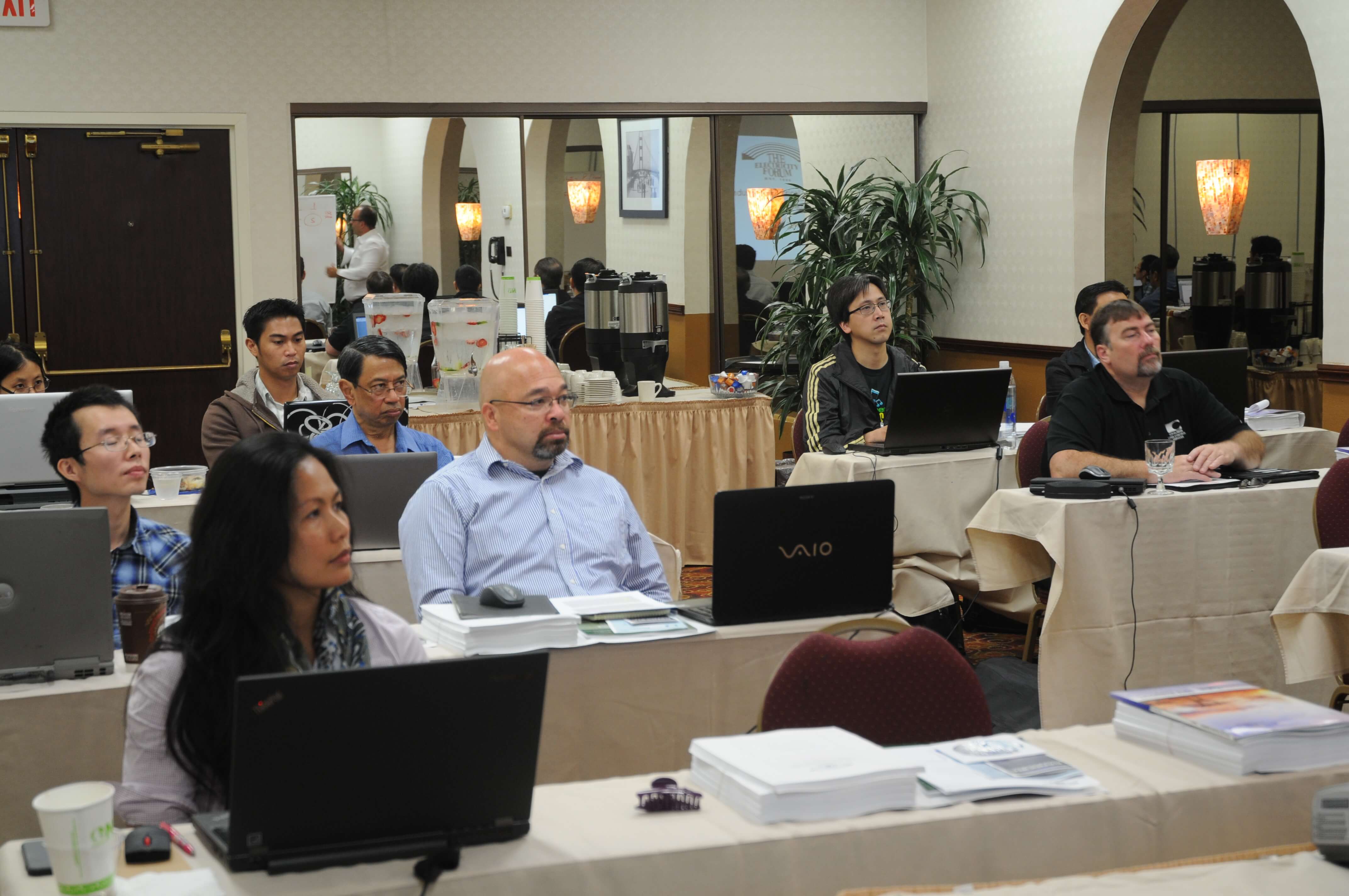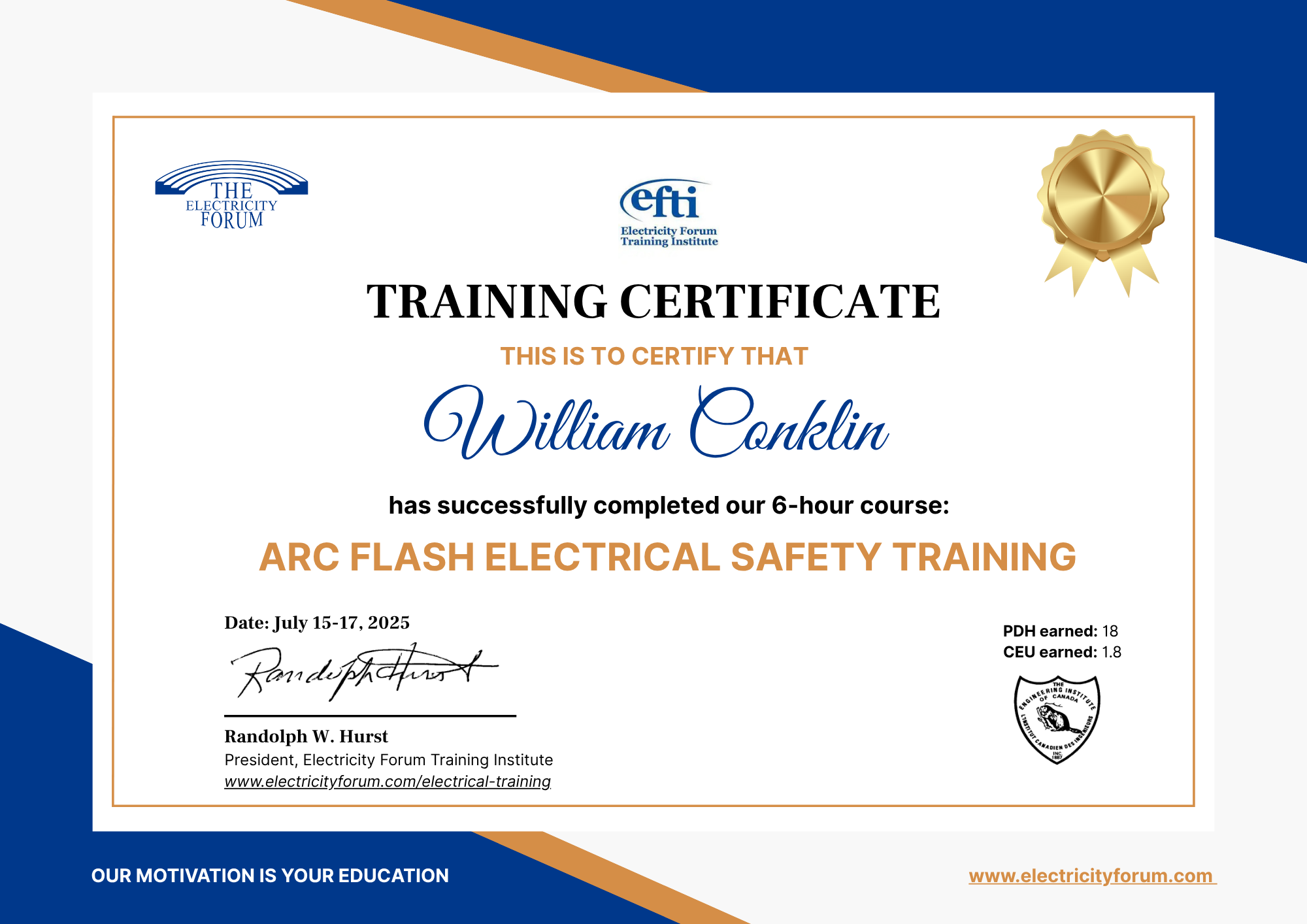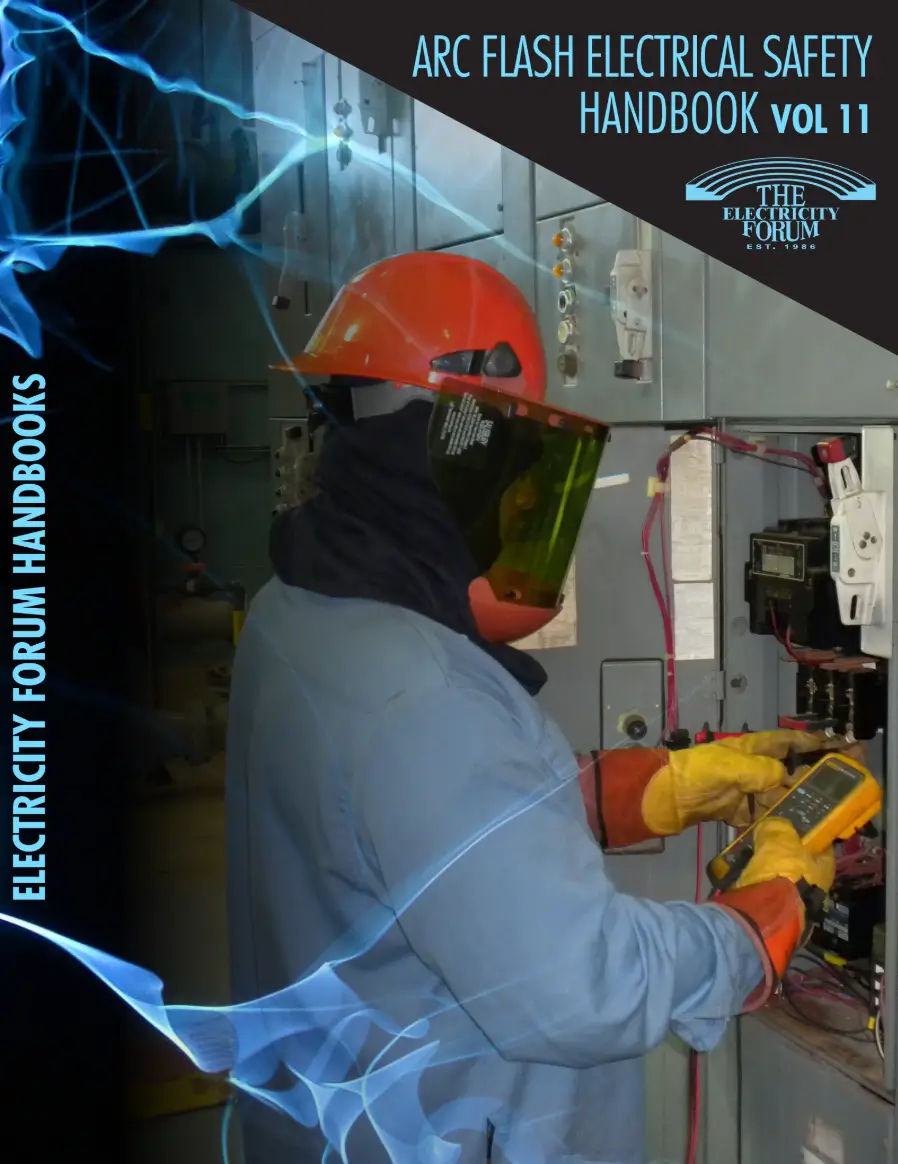Electrical Safety for Non-Electrical Workers training teaches employees how to identify electrical hazards, follow OSHA and NFPA 70E safety rules, and prevent accidents when working near energized equipment. Essential awareness for all workplace personnel.
Why Electrical Safety for Non Electrical Workers Training Matters
This 6-Hour live online instructor-led training course on safety for non electrical workers aims to raise awareness about safety hazards, both on and off the job. The target audience is non-electricians, including maintenance workers, machine operators and anybody who works with and around tools or equipment. This course covers common situations that could put the non electrical worker in a dangerous situation.
Virtually every worker on an industrial or commercial job site works with or uses electrically powered equipment. Most of these workers are unaware of the hazards they may be exposed to while performing common, everyday tasks. Jewelry that contacts energized components, overstressed power strips, coffee pots, and heaters placed in the workplace can all increase the risk to employees and production if workers are not aware of the potential issues involved.
This course (which comes with a CEU certificate of completion) covers workplace electrical safety and the methods used to recognize, identify and avoid the hazards of arc flash and personal shock. The worker’s roles and responsibilities are summarized. The course also teaches the effects of electrocution on the body and principles such as touch step potential. Normal and abnormal equipment conditions are described, and students are trained in how to properly identify potential hazards.
The course teaches basic safe electrical work procedures, how to avoid the risk of personal shock related to power tools, broken power cords and the hazards when not using GFCIs. The risk of personal injury related to Overhead Power Lines is also identified.
COURSE OBJECTIVES
-
Basic terminology and definitions.
-
Raise awareness of electrical safety
-
Instruct how to recognize electrical hazards
-
Provide ways to eliminate, remove and prevent hazards in the workplace
-
Emphasize the extreme importance of observing all safety requirements and practices
-
Instruct what to do during an accident
LEARNING OBJECTIVES
-
Review of electrical hazards, their causes and the potential for injuries and fatalities
-
Understand how to avoid these hazards
-
Common situations that can increase the risk to workers
-
OSHA’s safety-related work practices regulation as it applies to non electrical personnel
-
Understand LOTO and the Safe Work Zone
-
Understand applicable OSHA regulations for non electrical workers
-
Understand and apply NFPA 70E requirements for unqualified persons
-
Understand the safe approach distances for shock and arc flash and the purpose of a safe work zone

















